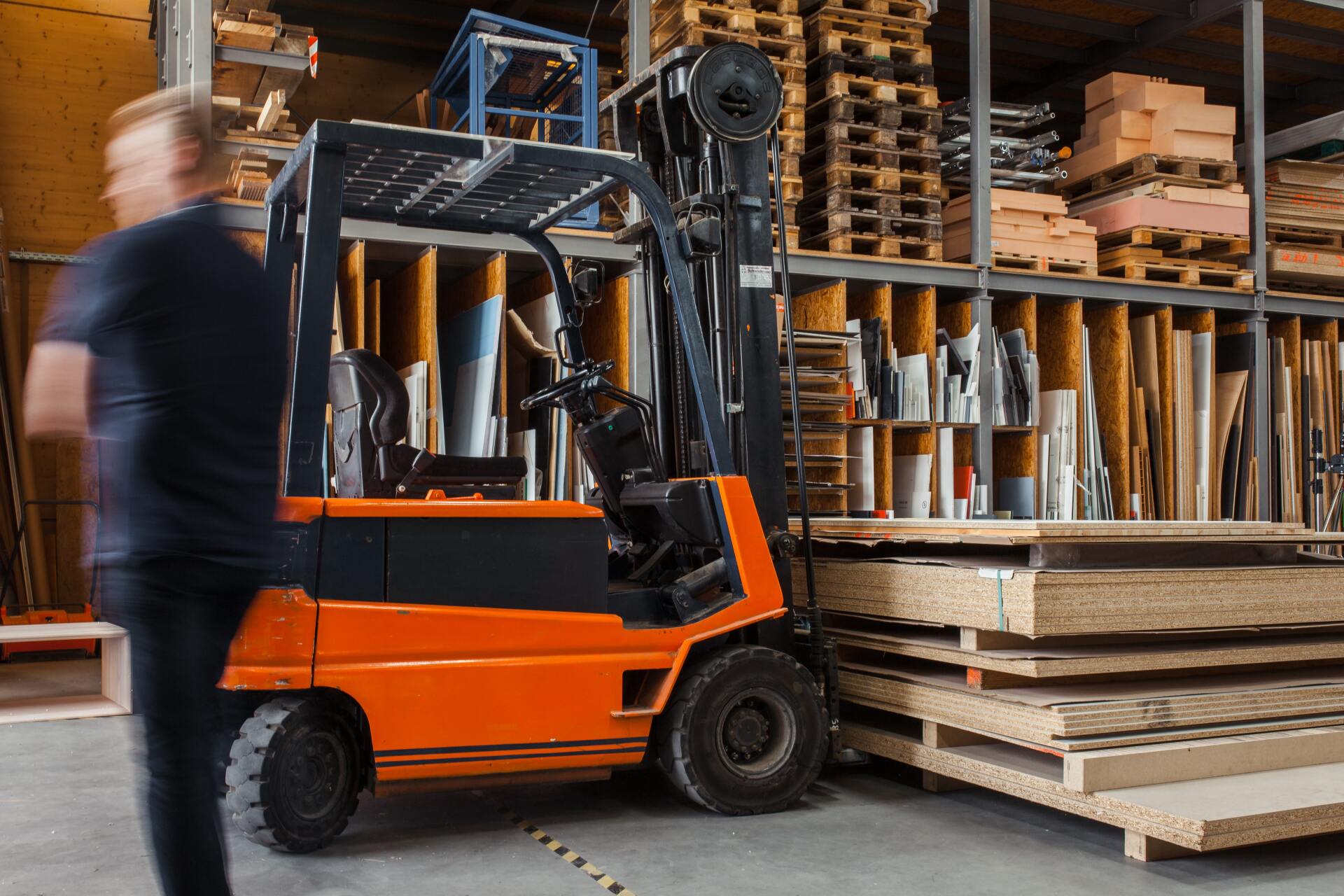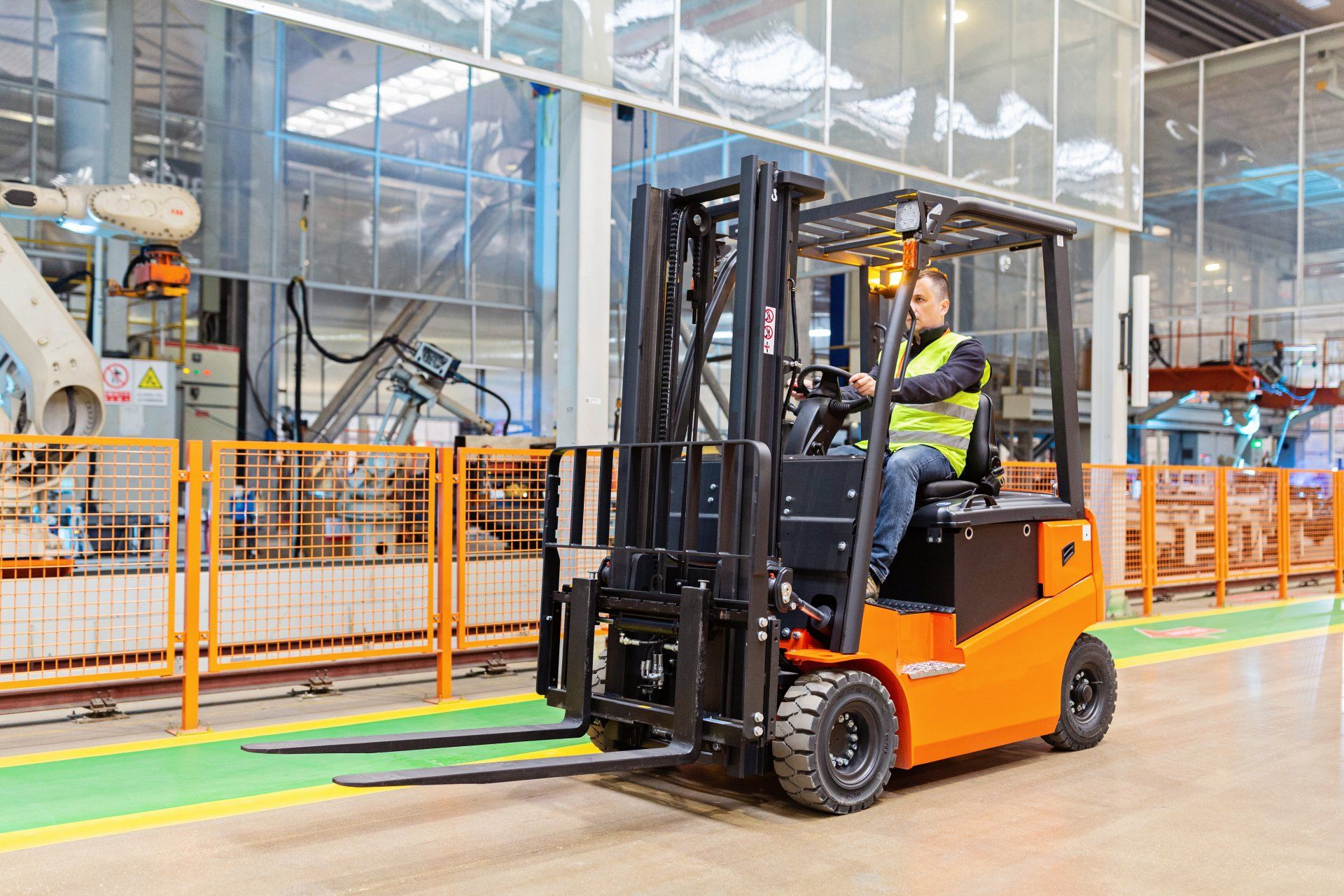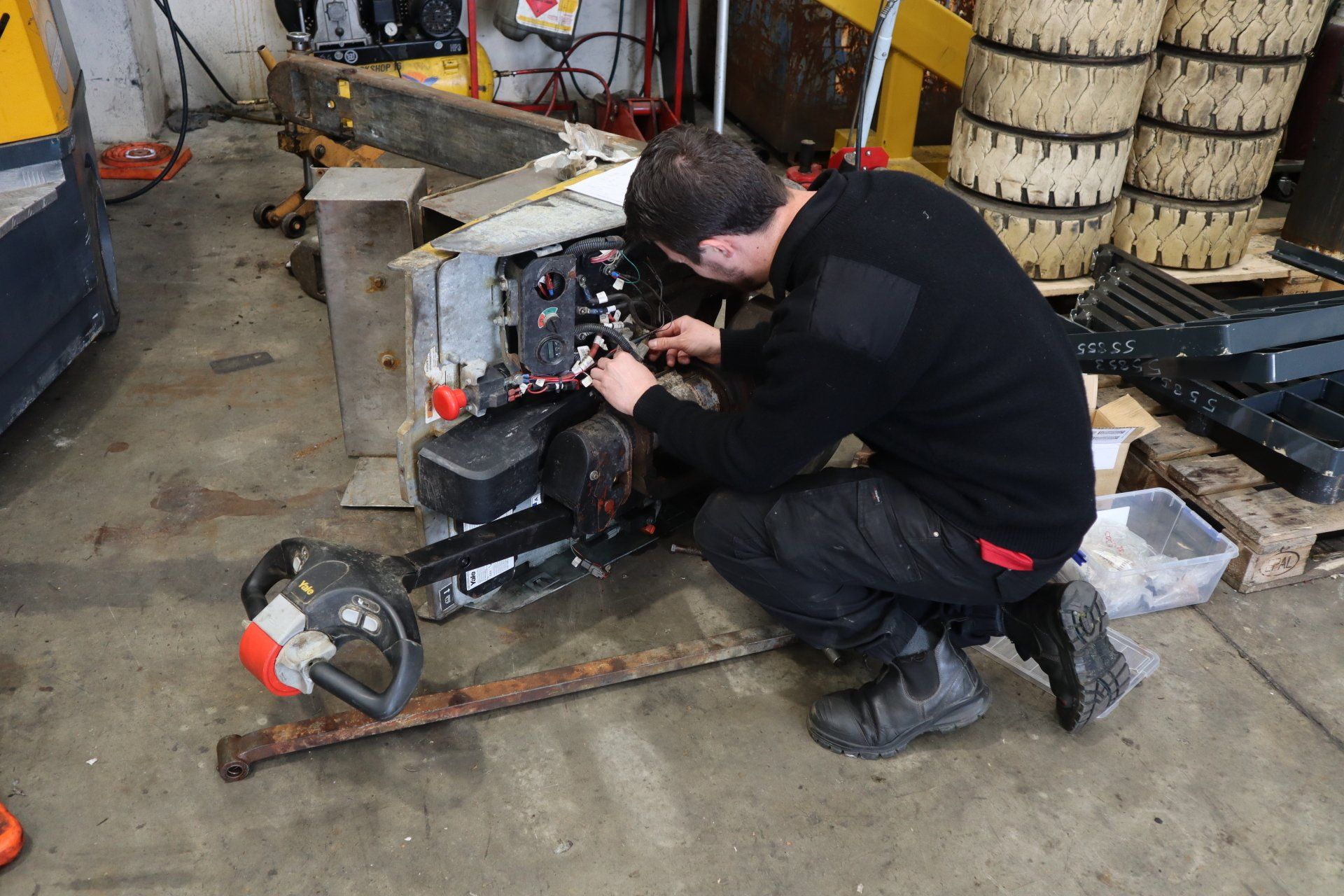What to expect from your forklift service
What should you expect from your forklift service
For many businesses finding the right vehicles and equipment is an important and sometimes costly investment, however its vital to their everyday operations and productivity. Without containers and pallets for stock, forklifts to load them up and trucks to transport them worldwide our supply chain would be almost nonexistent!
Taking the time to find the right forklift for your business is important but just like any other machine or vehicle, forklifts need some regular TLC too. If you don’t pay attention to your vehicle maintenance and servicing you run the risk of major faults developing in the engine and other components.
A regular planned service schedule will play a major part in forklift performance and longevity and make sure you are protecting yourself, your equipment and the safety of your staff.
How often should a forklift be serviced?
There is no single answer to how often your machines should be serviced, we generally recommended that you service your forklift every 250 hours however services will cover different areas of maintenance depending on a few factors:
Age and condition - old and new machines can have very different needs.
Susceptibility to wear, damage and getting out of adjustment.
Hours of operation.
Level of service required.
Safety Standards.
Service Record.
Regardless of what service interval/plan you want to to work with, over the life of a forklift preventative maintenance will be a cheaper spend than breakdowns and repairs.
A good service schedule will outline work that should be completed daily, monthly and annually to help keep a forklift in good condition, prolong its useful life and minimize the downtime and costs that are associated with major repairs.
So what should a good service schedule look like?
From standard safety inspections to intensive annual inspections, your schedule should cover preventative maintenance, repairs, cleaning and in depth safety checks. We have a number of different ways these checks can be completed.
Day to day maintenance you can do in house
At the start of each shift, forklift operators should complete their daily maintenance.
They should look for leaks, visible damage, and check tyre condition, as well as the operation of the safety lights, service, parking brakes, horn, and steering. The mast should next be checked by raising and lowering the forks with and without a weight, and the levels of engine oil, fuel, radiator water, and hydraulic fluid should all be checked.
External Servicing and maintenance
The following schedule is based on a new vehicle going into service from new however it is a great guideline for any forklift we would generally suggest following the below format;
'A' Service.
Initial 100 hours / Full machine lubrication and check with compliance to New Zealand Forklift Safety Standards.
'B' Service.
Every 250 hours / Oil & filters, lubrication and check with compliance to New Zealand Forklift Safety Standards.
'C' Service.
Every 1,000 hours / ‘A’ & ‘B’ Service plus air filter, transmission filter & fluid, lubrication and check with compliance to New Zealand Forklift Safety Standards.
'D' Service.
Every 2,000 hours / ‘A’ & ‘B’ & ‘C’ plus hydraulic & differential oil, wheels-off for full brake inspection check with compliance to New Zealand Forklift Safety Standards.
When we are fortunate enough to take over the servicing of an existing machine, it is recommended that we carry out an initial inspection of the machine to identify its current condition and then move into a preventative service schedule.
Forklift Maintenance tips
- Keep forklifts clean so that worn or damaged parts can be easily identified.
- Inspections, maintenance, and repairs should only be carried out by a trained professional.
- Only trained professionals should carry out repairs on LPG forklifts.
- Establish a strategy for dealing with forklifts that are unsafe or damaged, which may include tagging the vehicle as out of operation and notifying the relevant person.
- Only use trained installers to remove and replace tyres.
- Lubricate all moving parts thoroughly.
- Make sure your forklift is fully charged or fueled.
- Ensure that forklift gauges are in good working order at all times.
With over 20 years’ experience working with a wide variety of forklifts, The Independent Forklift Company has an extremely experienced team of technicians ready to service your fleet and will tailor your service schedule to suit the needs of your business and your machines.
Need to know more? Head over to our forklift service page or give the team a call on: 0800 688 1144





